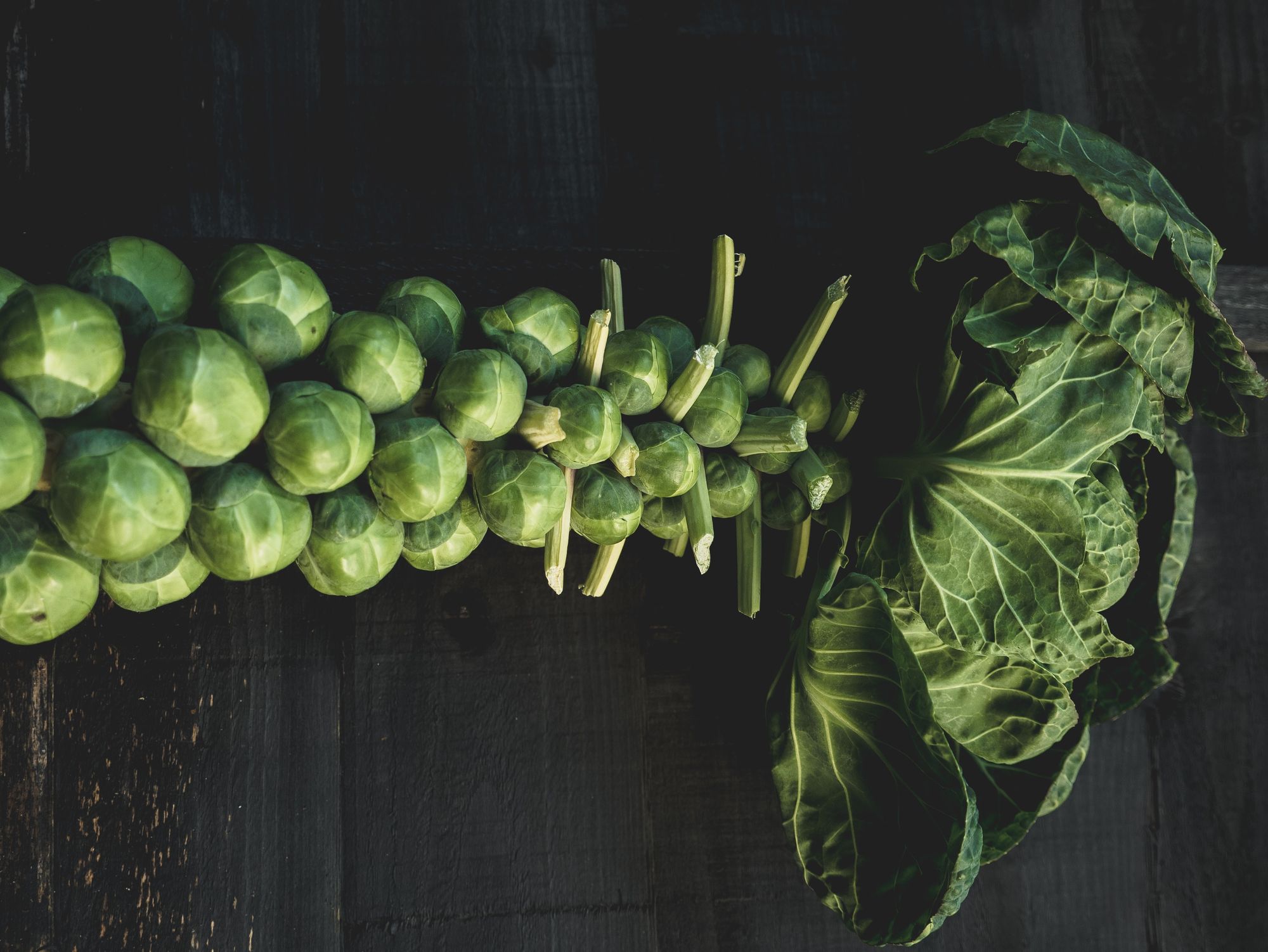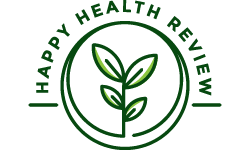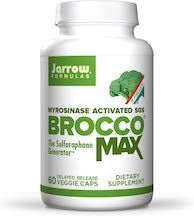15 Health Benefits of Eating Brussels Sprouts

Brussels sprouts are part of the Brassicaceae family of vegetables and closely related kale, broccoli, cauliflower, and mustard greens. Cruciferous vegetables look like miniature cabbages and are usually cut, cleaned and cooked into a nutritious side dish or a main course.
Brussels sprouts boast many nutrients and have been associated with various health benefits. This article examines 15 ways Brussels sprouts may help your health.
1. Nutrients Dense
Brussels sprouts are a good source of fiber, vitamins, and minerals. Here are some of these nutrients in a half cup of cooked Brussels sprouts. (1):
- Protein: 2 grams
- Carbs: 6 grams
- Fiber: 2 grams
- Vitamin K: 137% of the RDI
- Vitamin C: 81% of the RDI
- Vitamin A: 12% of the RDI
- Folate: 12% of the RDI
- Manganese: 9% of the RDI
Brussels sprouts are particularly rich in vitamin K, a nutrient needed for blood clotting and healthy bones. (2). They're also high in Vitamin C, which promotes iron absorption and is involved with tissue repair and immune function. (3).
More importantly, their high fiber content supports regularity and gut health. (4, 5). They contain small amounts of vitamin K, calcium, manganese, copper, zinc, folate, vitamin B6, potassium and iron. (1).
2. Antioxidants Rich
Brussels sprouts have numerous health benefits, but their incredible antioxidant content stands out. Antioxidants are substances that reduce oxidative stress in our cells and help lower our risk of chronic diseases.
A study found that eating about 300 grams of Brussels sprouts daily reduced cell damage due to oxidative stress by 28%. (6). Brussels sprouts are particularly rich in kaempferol which has been studied extensively for their many health-promoting benefits.
Kaempferol has been shown to inhibit cancer cell growth, ease inflammatory conditions, and improve heart health. (7, 8, 9). Eating Brussels sprouts when you're following a healthy diet rich in fruits and veggies can help provide the antioxidants your body needs for good health.
3. Protect Against Cancer
Studies suggest that the high levels antioxidants in Brussels sprouts may help protect against certain types cancers. There are several possible reasons why this could happen.
A 2008 study found Brussels sprouts could protect your body from cancer-causing agents and prevent cell damage. (10). Eating Brussels sprouts may increase the levels of some detoxifying enzymes by up to 30 percent.
Researchers hypothesize that this effect could potentially decrease the risk of colorectal cancer, but further research is needed. (11). Antioxidants in Brussels sprouts can help neutralize free radicals. These are compounds formed from oxidative stress that contribute to disease like cancer. (12).
Include Brussels sprouts into your diet may help lower your risk for cancer. You may also want to consider taking supplements for additional benefits.
4. Fiber rich
A half cup of cooked Brussels sprouts has 2 grams of dietary fiber, which fulfills up to 8 percent of your daily fiber needs. (1). Fiber is an important component of health, and including enough fiber in your diet offers many health benefits.
Studies show that dietary fibers can relieve constipation by increasing stool frequency and softness to ease passage. (4). Fiber helps promote digestive health by feeding the beneficial bacteria in your intestines.
Fiber has been associated with other benefits too, including a reduced risk of heart diseases and improved blood sugar control. (13, 14). Women should consume at least 25 grams of dietary fiber per day, while males should consume at least 38 grams of dietary fiber per daily. (15). Eating Brussels sprouts along with other good sources like fruits, vegetables, and whole grains can easily help you meet you fiber needs.
5. Vitamin K
Vitamin K is found in Brussels sprouts. A half cup of cooked Brussels sprouts contains 137 percent of your daily vitamin K requirements. (1). Vitamin K is an essential nutrient for the body and to prevent blood clotting. (16).
Vitamin K may also be involved in bone growth and could protect against osteoporotic conditions. (17). One study found that taking vitamin K supplements may help prevent fractures in older adults.
Remember that people who take blood thinning medications should limit their vitamin K intake. But for most people who don't get enough vitamin K, boosting their intake could be beneficial.
6. Manage Blood Sugar Levels
They're not just good for you; they may also help keep your blood sugar levels steady. Studies have shown that eating more cruciferous vegetables, like Brussels sprouts, may help prevent diabetes. (19, 20).
This is likely because they're high in fiber, which regulates blood sugar levels. Fiber moves slowly through your body and helps slow the absorption of sugar into your bloodstream. (21).
Brussels sprouts also contains alpha-lipoic, an antioxidant that has been researched extensively for its effects on blood sugar and diabetes. (22). Insulin is a type of hormone that transports sugar from your blood into your cells to keep your sugar levels under control.
A study found that people with type 2 diabetes who took alpha-lipoic acids had improved insulin sensitivity. The researchers suggested that the alpha-lipoic acid helped insulin work better to lower blood sugar levels. (23). Eating more brussels sprouts alongside a healthy diet may help you maintain your blood sugar levels.
7. ALA Omega-3 Fatty Acids
If you don't eat fish or seafood, omega-3 fatty acids can be difficult to get enough of. Omega-3 fats from plant sources aren't as effective as omega-3 fats from animal sources.
Because your body can only convert alpha-linolenic acid (ALA) into the more active forms of Omega-3 fatty acids in small amounts. (24). For this reason, you'd need to eat more ALA omega-3 fats than if you were getting your fat from fish or seafood.
Brussels sprouts are among the best plant sources of Omega-3 fatty acids, containing 135 mg of ALA per half cup (78 grams). (1). Omega-3 fatty acid supplements have been shown to reduce triglyceride levels, improve memory, reduce insulin resistance, and lower inflammation. (25, 26, 27).
Eating some Brussels sprouts every week can help you easily reach your omega-3 fatty acids' daily requirements. A half cup provides 12% of the daily requirements for women and 8.4% for men. (28).
8. Lower Inflammation
Chronic inflammation is a normal immune response. However, chronic inflammation can contribute to some diseases, including cancer, diabetes, and heart disease. (29).
Some lab tests have shown that compounds found in Brussels sprouts have anti-inflammatory properties. (30). A large study found a link between a high intake of cruciferous veggies and lower levels of inflammatory markers. (31).
They're also high in antioxidants, which may help neutralize the free radical damage that causes inflammation. (32). Studies show that kaempferol has especially powerful anti-inflammatory properties.(33, 34, 35).
According to these findings, a diet high in cruciferous vegetables such as Brussels sprouts may reduce the risk of inflammatory diseases.
9. Vitamin C
Brussels sprouts provide an impressive 81 percent of your daily vitamin C requirements in each half cup cooked serving (78 grams). Vitamin C is important to tissue growth and repair. Collagen is a protein that helps keep skin elastic, healthy, and youthful. It may also help boost immunity. (35, 36).
A study involving over 11,000 participants showed that vitamin C reduced the severity of the common flu, decreasing its duration by up to 8%. (37). Vitamin C can also improve the absorption of non-heme iron, which is an iron found in plants that your body can't absorb as well as iron from animal sources
One study found that taking 100 milligrams of vitamin C with a full meal increased the absorption of Iron by 67%. (38). Vitamin C is found naturally in many foods, but Brussels sprouts contain the highest amounts. (39). Even adding just one or two servings of Brussels sprouts to a healthy diet can help you meet your nutritional needs.
10. Fight Heart Disease
According to research, eating cruciferous vegetables can help prevent heart disease. They contain many nutrients that protect our bodies from diseases.
Studies show that high levels of inflammation are strongly associated with an increased risk for cardiovascular disease, stroke, diabetes, and neurodegenerative diseases.
Vitamin K, vitamin C, and various antioxidants in Brussels sprouts work together to prevent artery blockages, lower cholesterol levels, fight cardiovascular disease, improve blood flow and maintain healthy, strong blood vessels.
These phytonutrient, antioxidants and compounds also help cleanse the body, support liver health, slow down free radical damages and prevent the formation of various diseases, including heart disease.
11. Balance Digestive Health
Glucosinolate found in Brussels sprouts may help protect the vulnerable lining in the digestive tract and stomach from damage. It helps prevent leaky gut syndrome or any other digestive disorder.
Sulforaphane found in brussels sprouts helps the body's important detoxifying process. These veggies can help prevent bacterial overgrowth by keeping the gut microflora healthy.
12. Eye and Skin Health
Brussels sprout nutrition includes the important antioxidants vitamin C, vitamin A, zeaxanthin and sulforophane. Antioxidants protect the body from free radicals. Vitamins C and A work together to protect the skin from sun damage.
These nutrients work together to prevent sun damage, improve eyesight, and ward off diseases like macular degeneration and cancer.
Zeaxanthin filters out harmful UV radiation from entering the eyes. Sulforaphane protects the eyes by reducing oxidative stress damage. Brussels sprout nutrition also provides vitamin K, which promotes bone health and reduces the risk of osteoporosis.
13. Enhance Brain Health
Studies show that dietary components have the ability to directly affect the functionality of neurons in the brain because they can interact with each other.
Translation: Eating large quantities of certain foods can help protect brain health and improve cognitive function. Studies show that eating vegetables rich in sulforaphane offers protection against acute brain injuries.
Brussels sprouts contain powerful antioxidants, including vitamin C and vitamin A. These antioxidants help prevent damage caused by free radicals and inflammation.
14. Maintain Healthy Pregnancy
Folate, which is often called "folic acid," is found in Brussels sprouts.
Folic acid is a naturally occurring B Vitamin that's critical for a safe pregnancy and delivery. Folate helps the body to effectively produce cells, and protects against birth defects.
Folic acid helps the body use other B vitamins in addition protein, protects against anemias, boosts immunity, and can help poor digestion. Folate is important for the development of the fetus's brain. Folate helps prevent neural tube defects.
15. Healthy Addition to Your Diet
Brussels sprouts are believed to have been around for centuries. Brussels sprouts are a delicious healthy addition to any meal and are easy to include in side dishes and main courses. They're usually enjoyed roasted or sauteed .
To prepare a simple side dish, cut off the ends of your Brussels sprouts. Put the sprouts in a bowl, add some olive oil, salt and black pepper, and then roast the sprouts on a baking sheet until crisp. You can add Brussels sprouts to pastas, frittatas, or stir-fries for a delicious and nutritious meal.
Final Thoughts
Brussels sprouts are a good source of fiber, vitamins, minerals, and antioxidants, so they're a healthy addition to your diet.
They may also include additional health benefits, including the possibility of reducing the risk of cancer, decreasing inflammation, and improving blood sugar control.
Adding Brussels sprouts, which are rich in vitamin C and fiber, to a healthy diet that includes plenty of fruits, vegetables, and whole grains could help improve your health.


